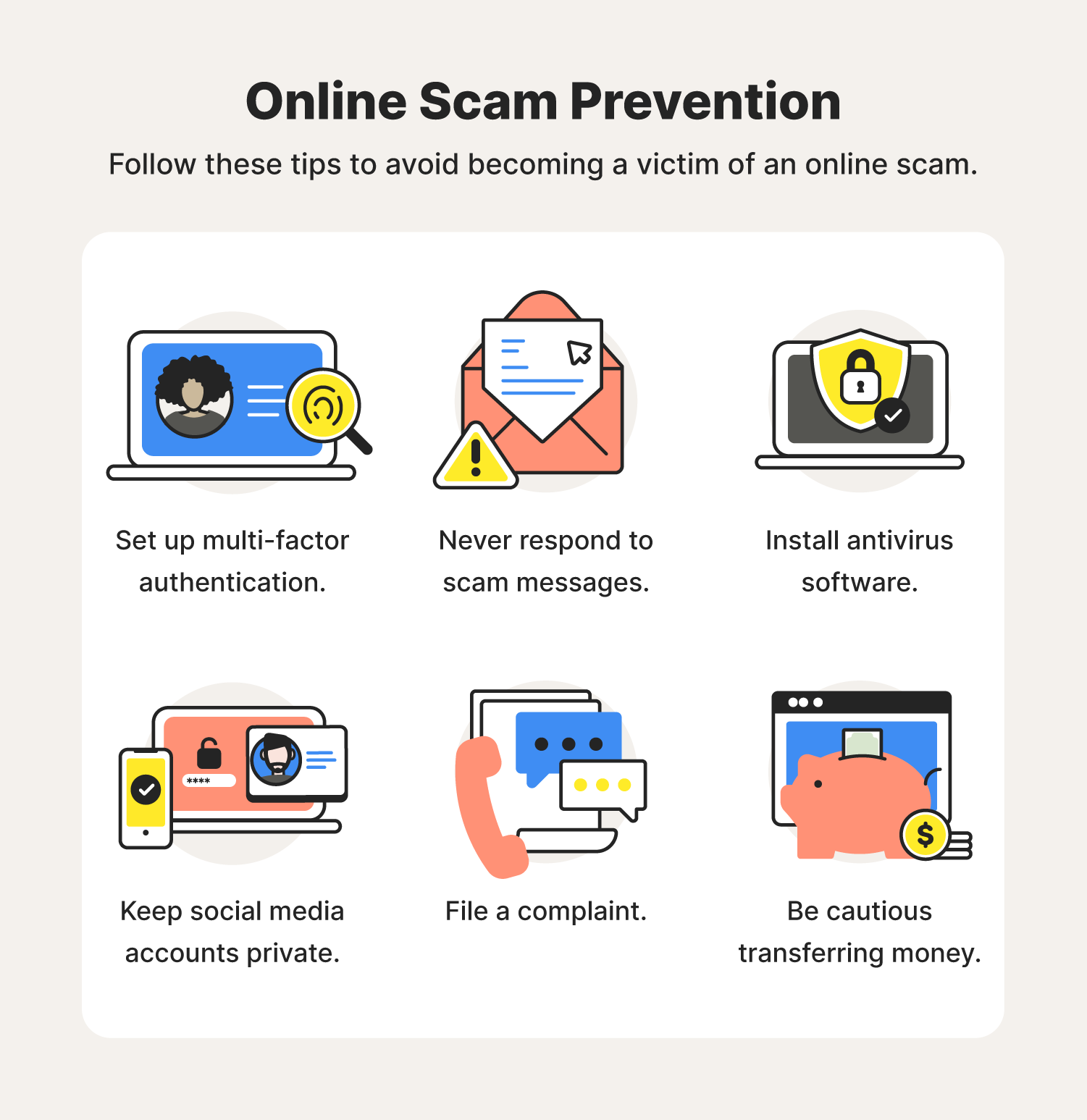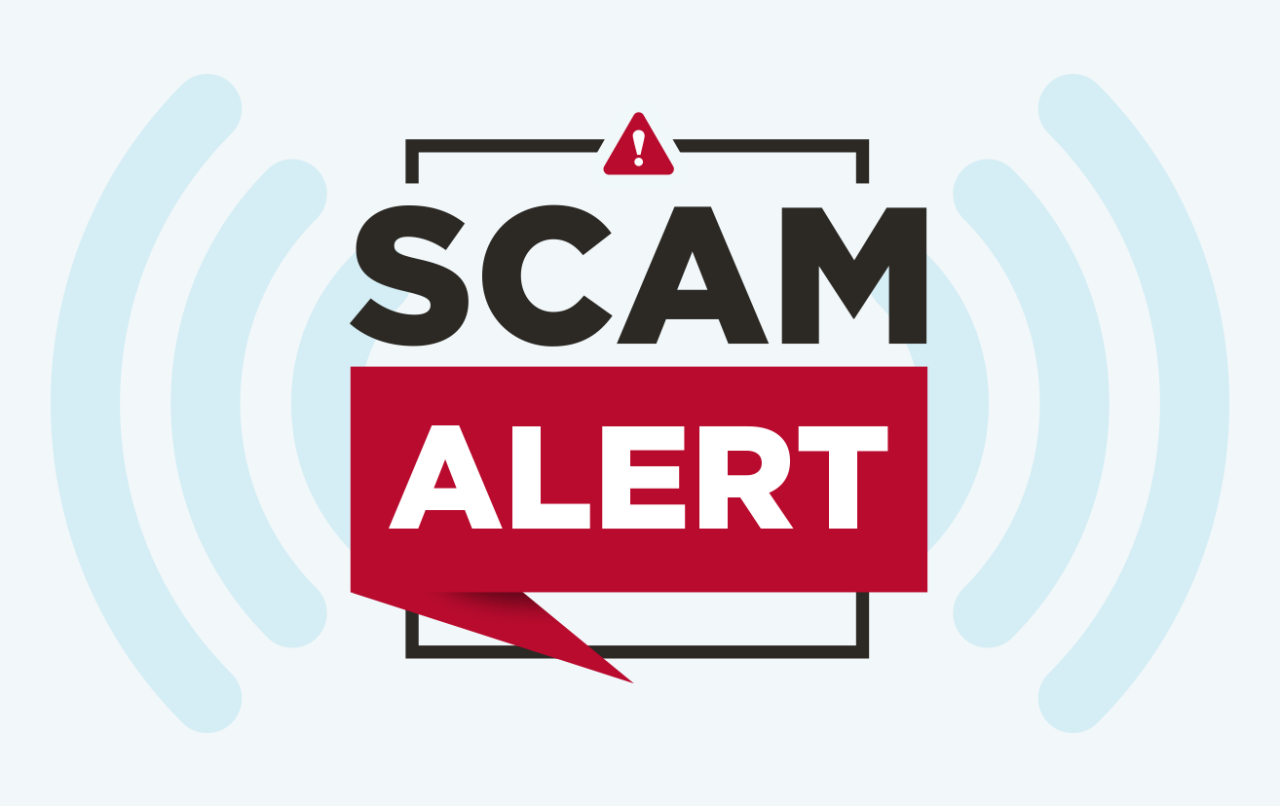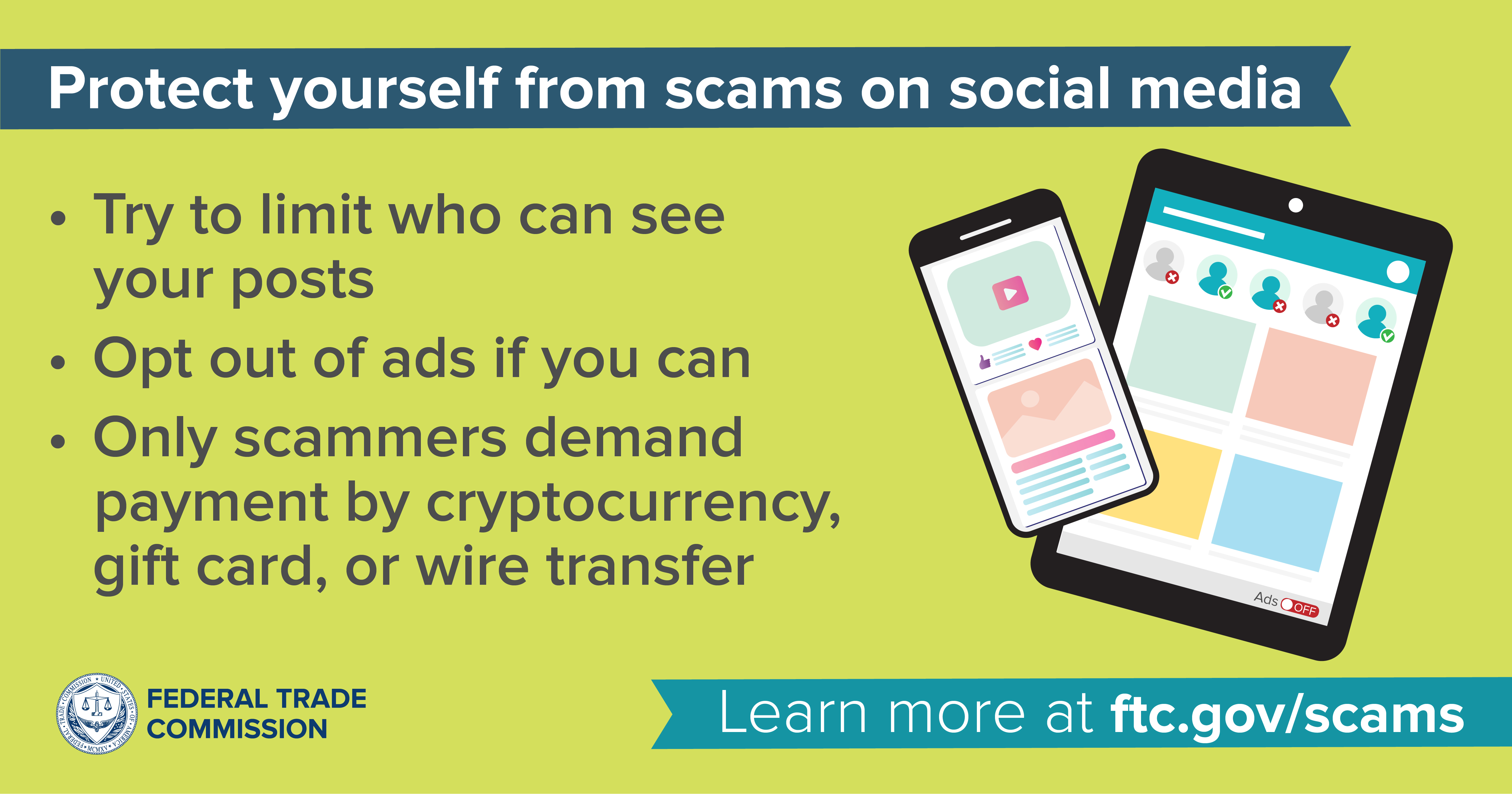Ever felt a nagging doubt about that too-good-to-be-true online deal? You're not alone, and it's more crucial than ever to sharpen your scam-detecting skills in today's digital landscape.
The internet, a realm of endless possibilities, also harbors shadows where online scams thrive. With the proliferation of e-commerce, social media, and streaming platforms, the opportunities for fraudulent activities have exploded. One particular area raising concerns is the cluster of domains and platforms associated with the name "Aagmaal." While some might be legitimate, others could be cleverly disguised traps waiting for unsuspecting victims. The "Aagmaalcat scam alert safety guide" is not something to take lightly; its a call to heightened awareness and proactive protection in a world where online deception is becoming increasingly sophisticated.
Since we are discussing digital safety and awareness in the context of possibly misleading websites, let's consider a hypothetical cybersecurity expert, Anya Sharma, who dedicates her career to educating the public about online threats. This table presents a fictional but representative profile:
- Stephen A Smith Scandals Controversies More Exposed
- Brad Dourif Beyond Chuckys Voice A Career Retrospective
| Category | Information |
| Full Name | Anya Sharma |
| Date of Birth | October 27, 1985 |
| Place of Birth | Mumbai, India |
| Nationality | Indian |
| Career Information | |
| Current Role | Cybersecurity Consultant & Educator |
| Experience | 15 years in cybersecurity, specializing in scam prevention and online safety. |
| Previous Roles | Security Analyst at TechGuard Systems, Lead Security Trainer at Secure Future Institute |
| Professional Information | |
| Areas of Expertise | Phishing, malware, social engineering, online retail scams, entertainment scams, domain security. |
| Education | Masters in Cybersecurity, IIT Delhi |
| Certifications | Certified Information Systems Security Professional (CISSP), Certified Ethical Hacker (CEH) |
| Website | Example Cybersecurity Expert |
This table serves as an example. When evaluating online safety, always seek verifiable information from reputable sources. Now, let's dive deeper into the methods scammers use and how you can protect yourself.
The first line of defense against any potential scam is always caution. When encountering a new website, especially one offering enticing deals or free access to services, it's essential to proceed with a healthy dose of skepticism. Scrutinize the website's URL. Does it look legitimate? Are there any strange characters or misspellings? For example, an authentic site might be "example.com," while a fraudulent one could be "examp1e.com" or "example.net.ru." These subtle differences can be easy to miss, but they are often the telltale signs of a scam.
Furthermore, refrain from impulsively providing sensitive information. Legitimate websites typically have secure protocols in place to protect your data, indicated by "HTTPS" in the URL and a padlock icon in the browser's address bar. However, even with these security measures, it's prudent to think twice before entering your credit card details, social security number, or other personal information, especially if the website's purpose or credibility seems questionable.
- Michael Kitchen Rowena Miller A Love Story Revealed
- Subhashree Sahu Viral Video The Truth Privacy Matters Now
Another crucial aspect of online safety is verifying the website's reputation. A simple search on Google or another search engine using the site's name, followed by terms like "review," "scam," or "complaints," can reveal valuable insights from other users. If numerous individuals have reported negative experiences or suspect fraudulent activity, it's a clear red flag. Similarly, check the website's presence on social media platforms. A legitimate business is likely to have an active and engaging social media presence, whereas a scam website might lack such visibility or have a history of negative comments and warnings from other users.
In the context of the "Aagmaal" related domains, it is essential to carefully evaluate each site independently. Just because one "Aagmaal" domain is legitimate, it doesn't automatically guarantee the safety of others. Scammers often create networks of interconnected websites to obfuscate their activities and make it more challenging for victims to trace their actions.
For instance, if you come across "aagmaal.cafe" or "aagmaal.gives," take the time to research each domain thoroughly. Who owns the site? What is its purpose? Are there any customer reviews or complaints associated with it? Utilize online tools and resources that can help you assess the website's credibility, such as domain registration lookup services and website reputation checkers. These tools can provide valuable information about the website's age, ownership, and security status.
Moreover, be wary of websites that employ aggressive marketing tactics or pressure you to make immediate decisions. Scammers often use tactics such as limited-time offers, urgent warnings, or emotional appeals to manipulate victims into acting impulsively. If you feel pressured or uncomfortable with a website's sales tactics, it's best to step away and take some time to consider your options carefully.
Beyond individual website evaluations, it's crucial to understand the broader landscape of online scams. Many scams fall into specific categories, such as online retail scams, entertainment scams, and phishing scams. By familiarizing yourself with the common tactics used in each type of scam, you can better recognize red flags and protect yourself from falling victim.
Online retail scams, for example, often involve counterfeit products, undelivered goods, or deceptive pricing. Scammers might create fake online stores that mimic legitimate retailers, offering products at unbelievably low prices to lure in unsuspecting customers. Once the victim makes a purchase, they may receive a counterfeit item, no item at all, or have their credit card information stolen.
Entertainment scams, on the other hand, often involve fake streaming services, bogus concert tickets, or fraudulent contests. Scammers might create websites that appear to offer free access to premium movies, TV shows, or music, but in reality, they are simply trying to steal your personal information or install malware on your device. Similarly, they might offer tickets to sold-out concerts or sporting events at inflated prices, only to disappear with your money.
Phishing scams are perhaps the most common type of online scam, and they involve sending deceptive emails or messages that appear to be from legitimate organizations, such as banks, credit card companies, or government agencies. These messages typically contain links to fake websites that are designed to steal your login credentials or other sensitive information. Scammers often use urgency or fear to manipulate victims into clicking on these links and providing their information without thinking.
When it comes to recognizing red flags, there are several telltale signs that can indicate a potential scam. One of the most common red flags is poor grammar or spelling. Scammers often operate from countries where English is not their first language, and their communications may be riddled with grammatical errors and typos. While occasional mistakes are understandable, a consistently high number of errors should raise suspicion.
Another red flag is an unsolicited offer or request. If you receive an email, message, or phone call from someone you don't know, offering you something for free or asking you to provide personal information, it's essential to be cautious. Legitimate organizations typically don't contact individuals out of the blue with such offers or requests.
A third red flag is a request for payment via unconventional methods. Scammers often prefer to receive payments through methods that are difficult to trace, such as wire transfers, prepaid debit cards, or cryptocurrency. If a website or individual insists on using one of these methods, it's a clear sign that something is amiss.
Furthermore, be wary of websites that lack essential information, such as a physical address, phone number, or customer support contact details. Legitimate businesses typically provide this information to build trust with their customers. If a website is anonymous or difficult to contact, it's best to avoid it.
In the event that you suspect you have been targeted by a scam, it's crucial to take action immediately. The first step is to report the scam to the appropriate authorities, such as the Federal Trade Commission (FTC) in the United States or the equivalent agency in your country. The FTC maintains a website (ftc.gov) where you can file a complaint and provide details about the scam, including the website's URL, the names of any individuals involved, and any financial losses you have incurred.
You should also report the scam to your local law enforcement agency, especially if you have suffered significant financial losses or believe that your personal information has been compromised. Law enforcement agencies may be able to investigate the scam and potentially recover your funds or prosecute the perpetrators.
In addition to reporting the scam, it's also essential to take steps to protect yourself from further harm. Change your passwords on all of your online accounts, especially those that may have been compromised as a result of the scam. Monitor your credit reports for any signs of fraudulent activity, such as unauthorized accounts or transactions. And be wary of any follow-up communications from the scammers, as they may try to exploit you further.
To proactively protect yourself, consider using an ad blocker to reduce your exposure to potentially malicious advertisements. Many ad blockers are available for free and can be easily installed on your web browser. These tools can block unwanted ads, prevent tracking, and enhance your overall online security.
Another useful tool is a website reputation checker, which can help you assess the credibility of a website before you visit it. These tools analyze various factors, such as the website's age, ownership, security status, and customer reviews, to provide you with a risk assessment. Several free website reputation checkers are available online.
If you wish to visit a website that has been blocked by your browser or security software, proceed with caution. Determine why the website was blocked in the first place. Was it flagged for malicious content or suspicious activity? If you are certain that the website is safe, you can add it to your browser's exclusion list or adjust your security settings to allow access. However, it's generally best to err on the side of caution and avoid visiting blocked websites unless you have a compelling reason to do so.
When it comes to domains like "aagmaal.com," which may have been subject to blocking or delisting requests, it's important to understand the reasons behind those actions. Google, for example, regularly receives requests to delist content from search results that may infringe on copyright or violate its terms of service. If a website has been delisted from Google's search results, it's a sign that it may contain problematic content or engage in questionable practices.
Furthermore, be aware that scammers often change their tactics and create new websites to evade detection. As soon as one scam is exposed, they simply move on to another, using different names, URLs, and techniques. Therefore, it's essential to stay informed about the latest scams and learn how to recognize the red flags. Subscribe to cybersecurity blogs, follow reputable security experts on social media, and participate in online forums where people share their experiences with scams.
Remember, the internet is a constantly evolving landscape, and the threats are always changing. By staying vigilant, informed, and proactive, you can significantly reduce your risk of falling victim to online scams and protect yourself from financial loss and identity theft. The "Aagmaalcat scam alert safety guide" and similar resources are valuable tools, but they are only effective if you put them into practice.
The battle against online scams is a collective effort. By sharing your experiences and reporting suspicious activity, you can help protect others from becoming victims. Don't hesitate to write down the names of suspicious sites or individuals in the comments section of relevant articles or forums. Your contributions can help thousands of potential victims avoid falling prey to these malicious schemes.
Finally, remember that if something seems too good to be true, it probably is. Trust your instincts and don't be afraid to ask questions or seek advice from trusted sources before making any decisions that could put you at risk. A moment of hesitation could save you from a world of trouble.
You should remain alert, and avoid providing sensitive information if in doubt. Get free access to monitor suspicious domains through our api. 6 steps and tips avoid online shopping scams. See relevant content for aagmaal.cafe. Please turn off your ad blocker. How to report entertainment scams: Do you want to know how to report aagmaal.gives or other online scammers? contact the federal trade commission and fill out the form. You can also write down the names of suspicious sites or individuals in the comments section below. You will help thousands of potential victims. How to recognize red flags. Do you want to know how to report aagmaal.media or other online scammers? contact the federal trade commission and fill out the form. You can also write down the names of suspicious sites or individuals in the comments section below. You will help thousands of potential victims. How to recognize red flags online. If you wish to visit a blocked aagmaal.com and exclude it from being blocked, you can add it to the exclusions list. Heres how to do it: Click the internet vertical tab and press add.; Enter aagmaal.com and click add button. Now this domain should appear in. How to report online retail scams: Do you want to know how to report aagmaal.desi or other online scammers? contact the federal trade commission and fill out the form. You can also write down the names of suspicious sites or individuals in the comments section below. You will help thousands of potential victims. How to recognize red flags. In the rapidly expanding universe of digital entertainment, platforms are vying to attract audiences with content that pushes boundaries, catering How to report entertainment scams: Do you want to know how to report aagmaal.net or other online scammers? contact the federal trade commission and fill out the form. You can also write down the names of suspicious sites or individuals in the comments section below. You will help thousands of potential victims. How to recognize red flags online. Why does aagmaal.tv have an average to good trust score?. Aagmaal.tv is very likely not a scam but legit and reliable. Our algorithm gave the review of aagmaal.tv a relatively high score. Check aagmaal.com with our free review tool and find out if aagmaal.com is legit and reliable. Aagmaal.com most likely does not offer any malicious content. Google regularly receives requests to delist content from search results that may infringe on copyright. This report provides data on such requests to delist links from search. We did not find results for: Aagmaalcat scam alert safety guide what you need to know. Check spelling or type a new query.
- Paget Brewsters Family Life Does She Have Kids Rumors Debunked
- Vegamovies Alternatives 2024 Justwatch Legal Options


